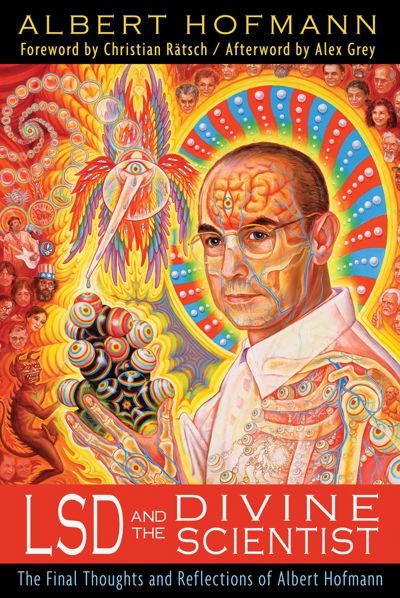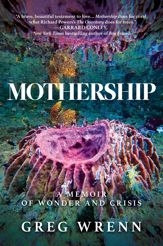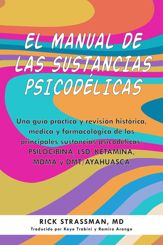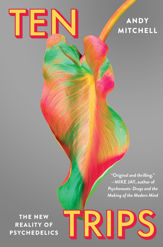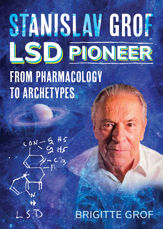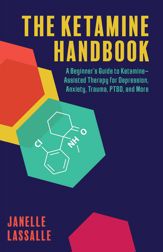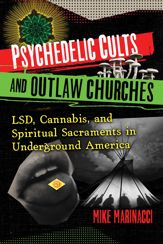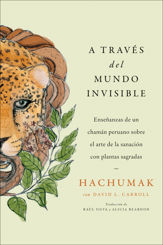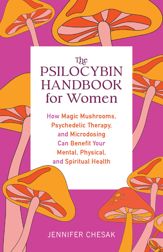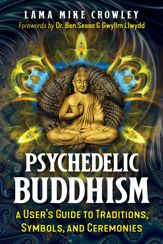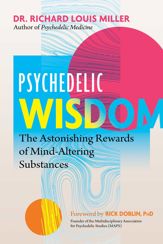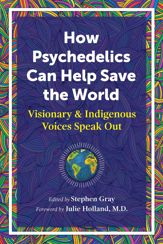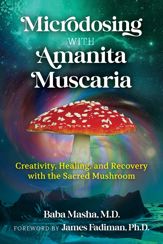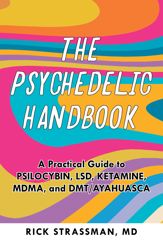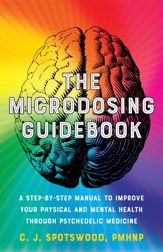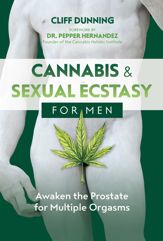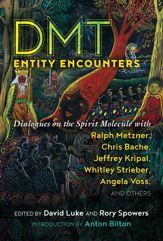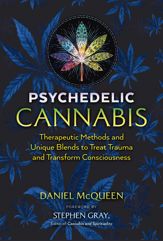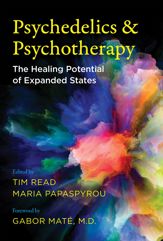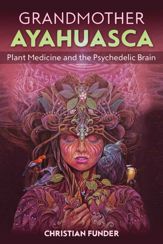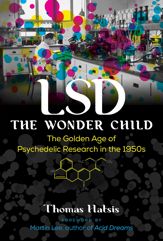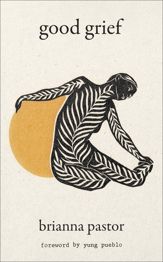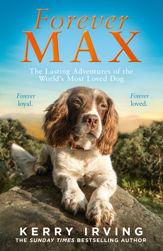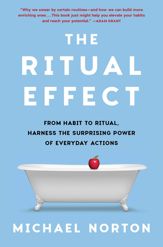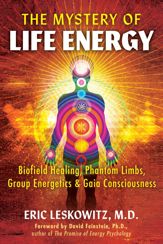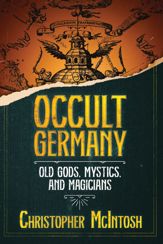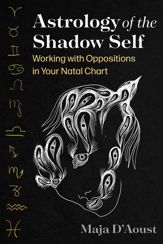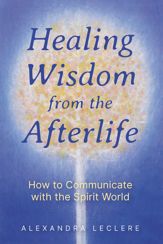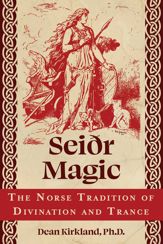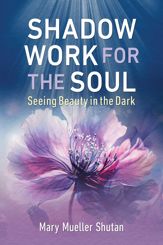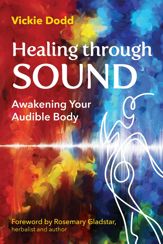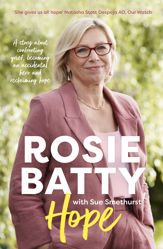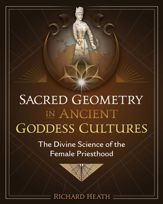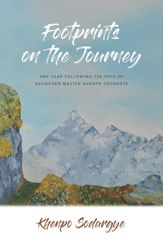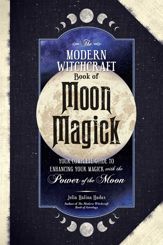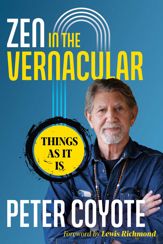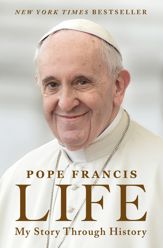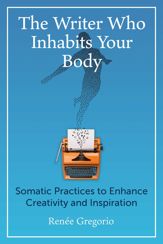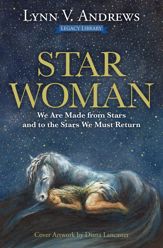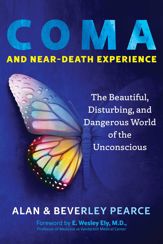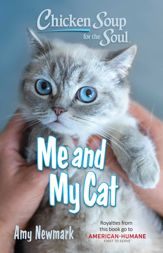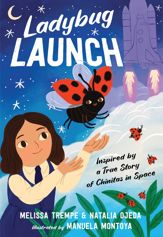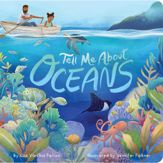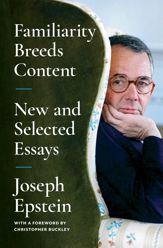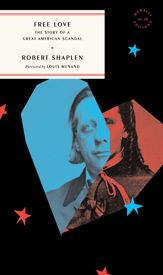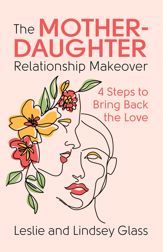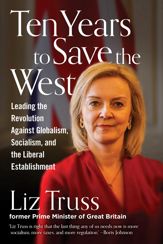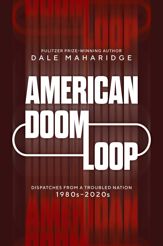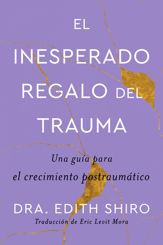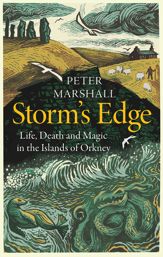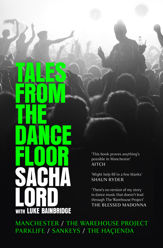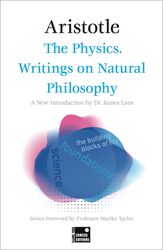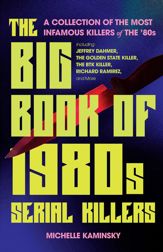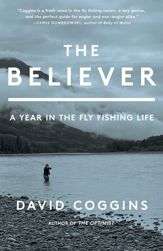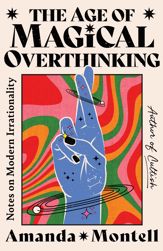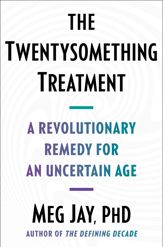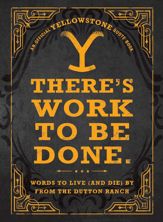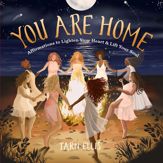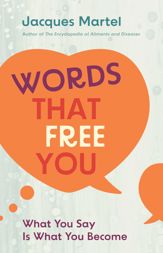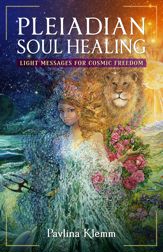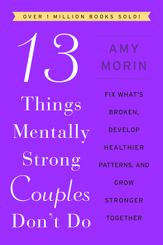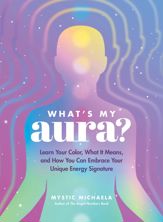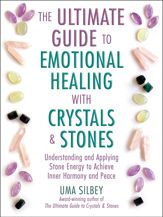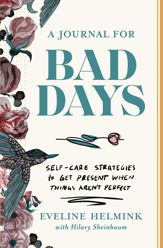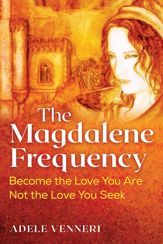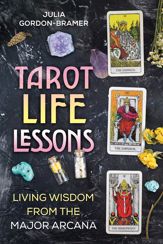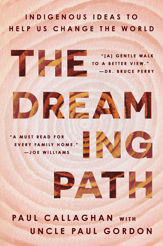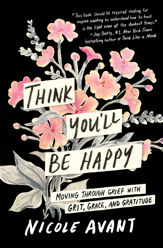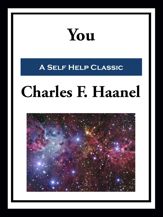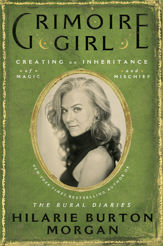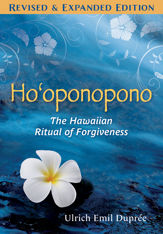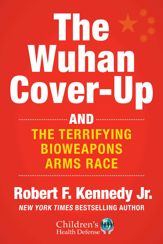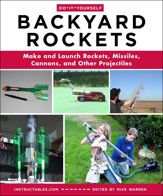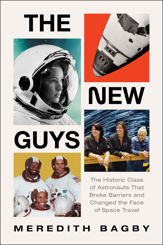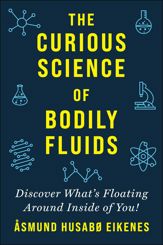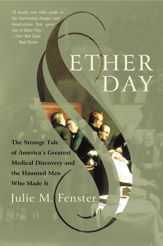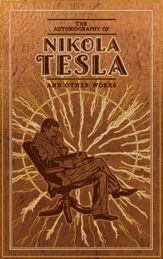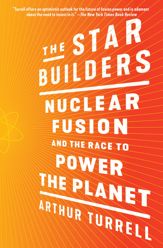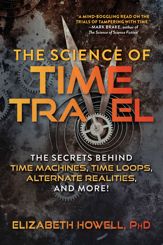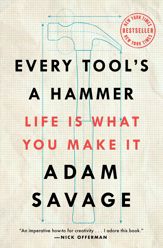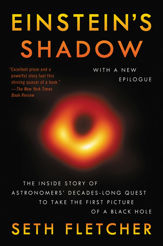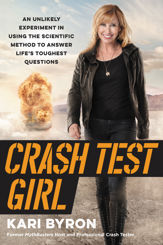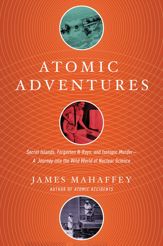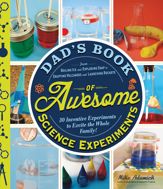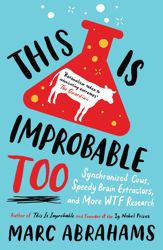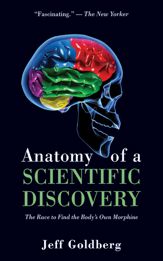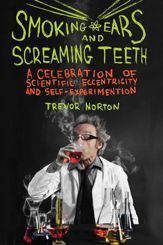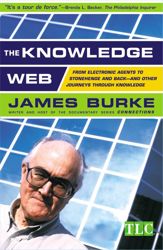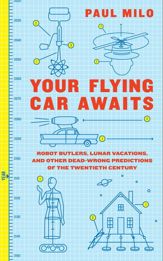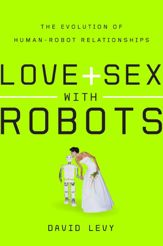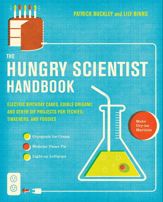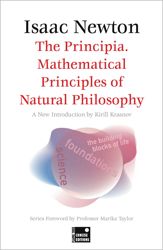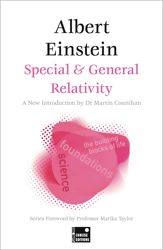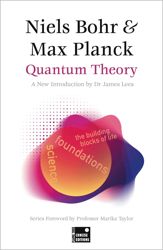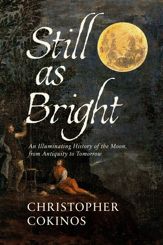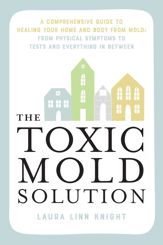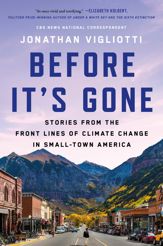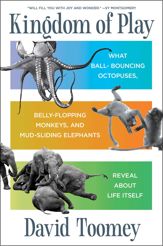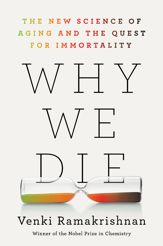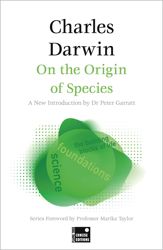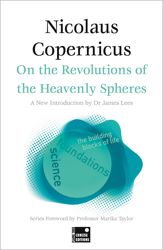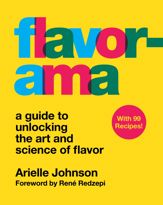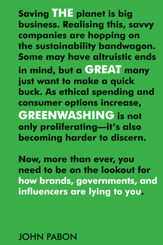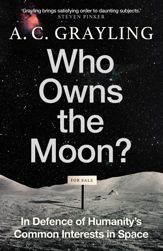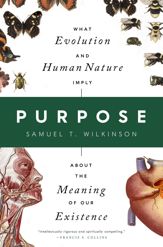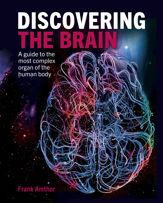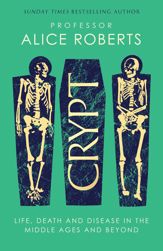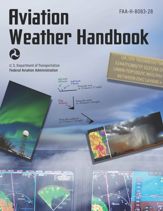“This book is a jewel box of the many facets of Hofmann’s mind: as a pure scientist and still in love with the discipline, as a science mystic making a clear-eyed case for the need for the two to blend, as a nature mystic drawing out the implications envisioned and verified in altered states, and as a philosopher of science grappling with the hard questions of death and the fabric of reality itself. Each essay was a rare mix--profound and readable. The essay by Alex Grey about the symbolism in his cover portrait of Hofmann is the perfect conclusion.”
Description
The acclaimed discoverer of LSD’s personal experiences and thoughts on chemistry, the natural sciences, mind-altering drugs, the soul, and the search for happiness
• Shares a different side of the father of LSD, one known only to his friends and close colleagues
• Explains Hofmann’s different methods of pharmaceutical research based on traditional plant medicine
• Includes the poetry of this mystical prophet of psychedelic science
Best known as the first person to synthesize, ingest, and discover the psychedelic effects of LSD, Albert Hofmann was more than just a chemist. A pioneer in the field of visionary plant research, he was one of the first people to suggest the use of entheogens for psychological healing and spiritual growth. His insights into the consciousness-expanding effects of psychedelics as well as human nature, the psyche, and the nature of reality earned him a reputation as a mystical scientist and visionary philosopher.
This book--Hofmann’s last work before his death in 2008 at the age of 102--offers the acclaimed scientist’s personal experiences and thoughts on chemistry, the natural sciences, mind-altering drugs, the soul, and the search for happiness and meaning in life. Hofmann explains different methods of pharmaceutical research based on traditional plant medicine and discusses psilocybin, the active compound in psychedelic mushrooms that he discovered. He examines the psychological role of psychoactives, their therapeutic potential, and their use in easing the life-to-death transition. Sharing a different side of the father of LSD, one known only to his friends and close colleagues, this book also includes the poetry of this mystical prophet of psychedelic science.
Reviews
“Albert Hofmann’s creation of LSD and identification of psilocybin had and continues to have a deep and lasting impact on psychiatry, and even more so on Western culture and spirituality. This invaluable collection reveals how, in his personal life, Albert leaned more toward spirituality than psychotherapy. In LSD and the Divine Scientist, Albert Hofmann reveals through his life and his work that we can be involved in spiritual practices while embracing the rigor of scientific methodology and a healthy, productive lifestyle. This inspiring book reveals how fortunate the world is that Albert was the father of LSD and, in profound ways, the spiritual father of millions of responsible psychedelic users.”
“In this collection, Albert Hofmann shares his scientific, philosophical, psychological, and religious insights in an especially candid and engaging manner. His warmth, candor, and strength of character shine in them all, and through them we gain a satisfying glimpse into a great scientist’s life.”
“An extraordinary quality of Albert Hofmann was his ability to integrate the spiritual and the material under the conceptual umbrella of the natural. As his last work, LSD and the Divine Scientist presents Hofmann’s most mature thought, the flowering of the scientist as philosopher in a natural integration of science and philosophy. May these final essays be the key to achieving Hofmann’s ultimate vision.”
